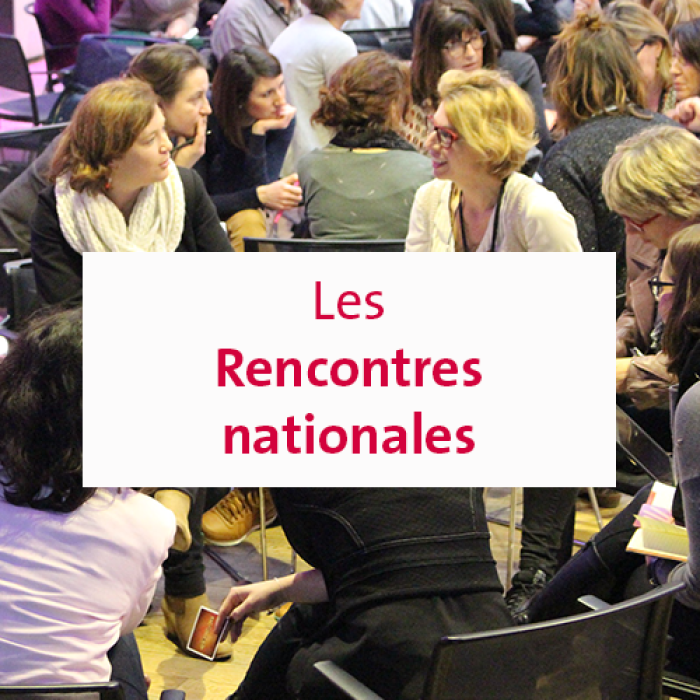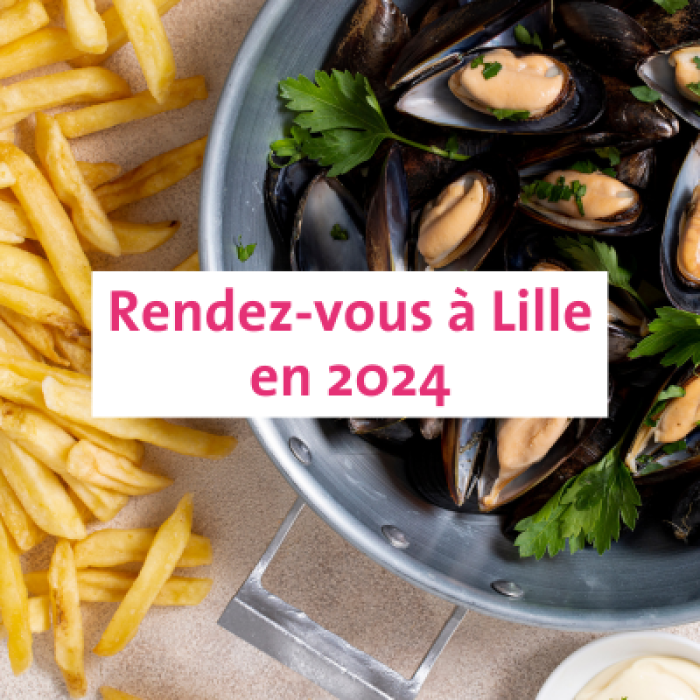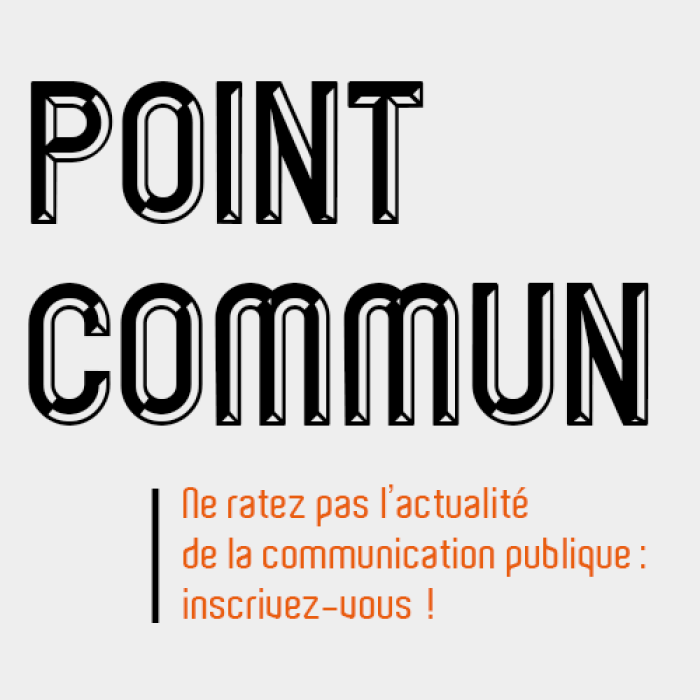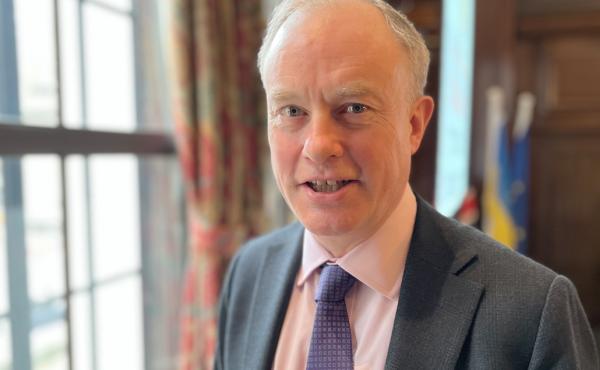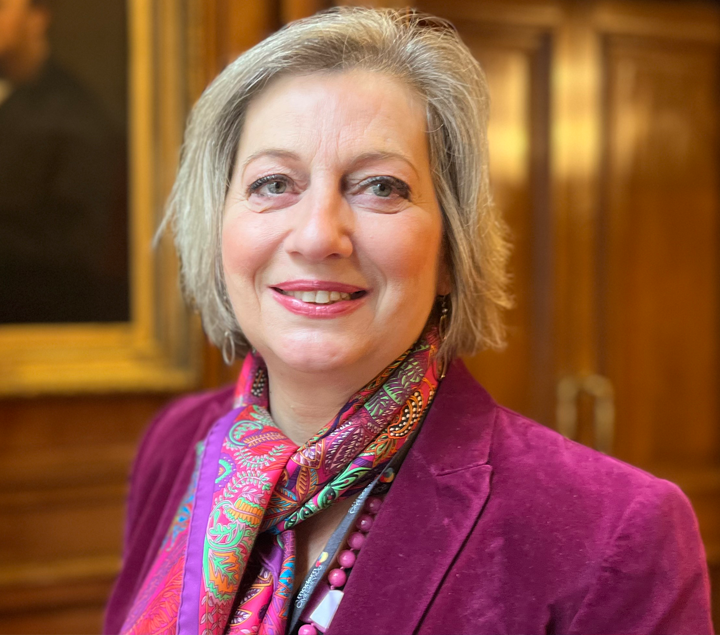
Disinformation strikes at the heart of our lives
Are we worried about disinformation in our daily lives? Not sufficiently so for Klimentini Diakomanoli, author of "Fake news, what is Europe doing?” published this spring. By appointing her as President of the Cap'Com Grand Prix, the network of public communicators is sending out a signal, namely that all forms of communication are now suffering from the twofold effect of the spread of fake news and widespread mistrust.
Next year's European elections once again risk seeing democratic debate obscured by malicious acts. Why? How? What can be done? Ahead of her participation in our work, Commonality wanted to talk to this experienced woman about the purpose of her research and her steadfast commitment.
Commonality: What questions were you seeking to answer when you started writing your book?
Klimentini Diakomanoli: The questions that everyone asks. The questions asked by many professionals, but also by ordinary citizens:
- What are the misconceptions we hear so much about today, and how do we perceive them?
- Are we running a risk when - perhaps naively - we 'share' messages on social media without thinking?
- Are the global tech giants, in a display of digital arbitrariness, governing our behaviour to the point where trust in democracy, free speech or science is being eroded?
- And finally, is this erosion of trust preventing us from making the right decisions?
- In any case, 83% of Europeans consider disinformation to be a threat to democracy, and 63% of young digital users are likely to encounter fake news more than once a week.
83% of Europeans consider disinformation to be a threat to democracy.
Klimentini Diakomanoli
Europe is proving to be a world leader in the fight against disinformation and fake news in the digital world. It recently forced Facebook to delete 1.3 billion user profiles in three months "due to safety concerns". In addition, the Digital Service Act (DSA) came into force on 25 August.
Who is the President of the 2023 Cap’Com Grand Jury?
Klimentini Diakomanoli, author of Fake news, what is Europe doing? specialises in issues of disinformation and economic and political intelligence. She has many years' experience working in the field of European information and journalism, particularly on issues of research and technology, the environment and climate change, and disinformation. She holds a Master of Arts in Digital Communication and Crisis Management from the Aristotle University of Thessaloniki. She is also a graduate of the Faculty of Law at the University of Athens and Pau (France), with a postgraduate diploma in criminal law and criminal sciences, and is a member of the Athens Bar.
Commonality: The response therefore appears to be commensurate. Why raise the alarm?
Klimentini Diakomanoli: Because the problem runs deep. With public health disinformation costing human lives during the recent pandemic, the public debate in Europe around fake news is intensifying. It is becoming increasingly necessary to attack the threat "intelligently". We also need to advise ordinary users of the available technology on how to manage this over-abundance of information in a digital environment that is evolving at lightning speed. This environment is clearly rife with malicious players of all kinds.
Commonality: So what is this threat?
Klimentini Diakomanoli: It's largely a question of interference from abroad - but not only - and manipulation. Shall I go into more detail?
Commonality: Please do.
Klimentini Diakomanoli: We're seeing strategies to influence opinion using ghost accounts and bots. They combine to create a dubious environment that generates a growing lack of trust. The aim is to destroy the credibility of democracy and its values, to attack convictions and collective hope, and to create a space where everything is blurred, where there is no single reality. We end up questioning everything, not with the scepticism of philosophers, but rather with the fear of those who have lost their bearings. And that's very dangerous in a society, especially for young people.
In the past, everyone knew the village crackpot, but today he's hidden behind a fake profile on the Internet.
Klimentini Diakomanoli
Commonality: But is this such a recent phenomenon?
Klimentini Diakomanoli: Have we seen this before? Yes, of course we have. In the darkest periods of history and even in ancient times, as I explain in my book, in ancient Greece. But what’s happening today, with social networks, is on a different scale. There is a public space for discussion, about anything, without limits. It's a place where you can say whatever you like, but it always finds an audience, because there are people everywhere who will believe it. In the past, everyone knew the village crackpot, but today he's hidden behind a fake profile on the Internet.
Commonality: How can we counter this?
Klimentini Diakomanoli: With the strength of our democratic convictions and our institutions. I worked at the European Commission for twenty-three years. I'm a lawyer turned diplomat who works with the press and professionals in the information sector. It was natural for me to take an interest in the subject of fake news and how we are to fight it. I was exposed to these massive acts of disinformation and tried to understand how they worked, how they could affect us despite the fact that we are individually and collectively aware of them. That's how the idea for the book came about, in order to raise awareness and bring people together. Because the threat concerns all levels of democratic life, from the major institutions down to the local level and, ultimately, to ordinary citizens of all ages.
Europe cannot create farms of bots dedicated to fake news or troll factories.
Klimentini Diakomanoli
In my professional capacity, I work on a daily basis on disinformation operations affecting EU member countries on topics such as the war in Ukraine, migration, climate change and energy. We have to fight with our own tools, with means that are different from those used by the groups organising this destabilisation through disinformation. Europe cannot create farms of bots dedicated to fake news or troll factories, but it needs to be as strong as Russia or China.
The period of innocence is over. We need to have very sophisticated and technologically advanced reflexes. That's the challenge. To counter undermining operations carried out from hubs outside our borders, we have had to identify and support nearly 500 information networks across European countries, as well as in local regions and cities. We are working very intensively. Our staff go into schools to promote media literacy. This in-depth action is very important, because, although we have seen that disinformation is everywhere, the relays of conspiracy theories and malicious intent are mainly to be found at the heart of the regions (much less in the capital cities). At local level, societies are smaller and, contrary to what we might think, proximity and the possibility of checking things for oneself do not help to re-establish the facts. Word of mouth more easily relays fake news designed to destabilise democratic institutions.
Commonality: What prompted you to investigate further and write this book?
Klimentini Diakomanoli: Curiosity. I study phenomena. And there were questions about the 2019 European elections: had voters been influenced by social networks and fake news? As I studied this subject, I became fascinated. There is a struggle going on, right here, right now. We shouldn't underestimate ourselves, as Europe is leading the way in this area - we are in the vanguard, even though the social networking platforms are, and this is a major issue, located in the USA.
Disinformation is rampant, evolving and will affect the way future generations think and behave.
Klimentini Diakomanoli
My book has a dual perspective: I provide a personal view but I also wanted to tie in the European context. I wanted to think like an ordinary citizen, to know how to protect myself from this false information and how to protect my children, because they are more vulnerable. Initially published by the University of Macedonia (and therefore in my native language), it will be published in French this spring by L'Harmattan, with the support of Cap'Com. It is the culmination of a long study of the phenomenon of disinformation today and the way in which it can (or cannot) penetrate the cognitive sphere of people's behaviour, at the political, individual and public levels.
Presentation of Klimentini Diakomanoli's book in Strasbourg
At the next seminar organised by Cap'Com in conjunction with Club de Venise, the author will present her book, which will be published in French (by L'Harmattan), and give a talk on the work. This bilingual event, which will be streamed free of charge, will be on the subject of: "Media literacy and the fight against fake news: a democratic challenge on a European scale". It will be held on Thursday 23 May 2024 at the Strasbourg Eurometropole.

